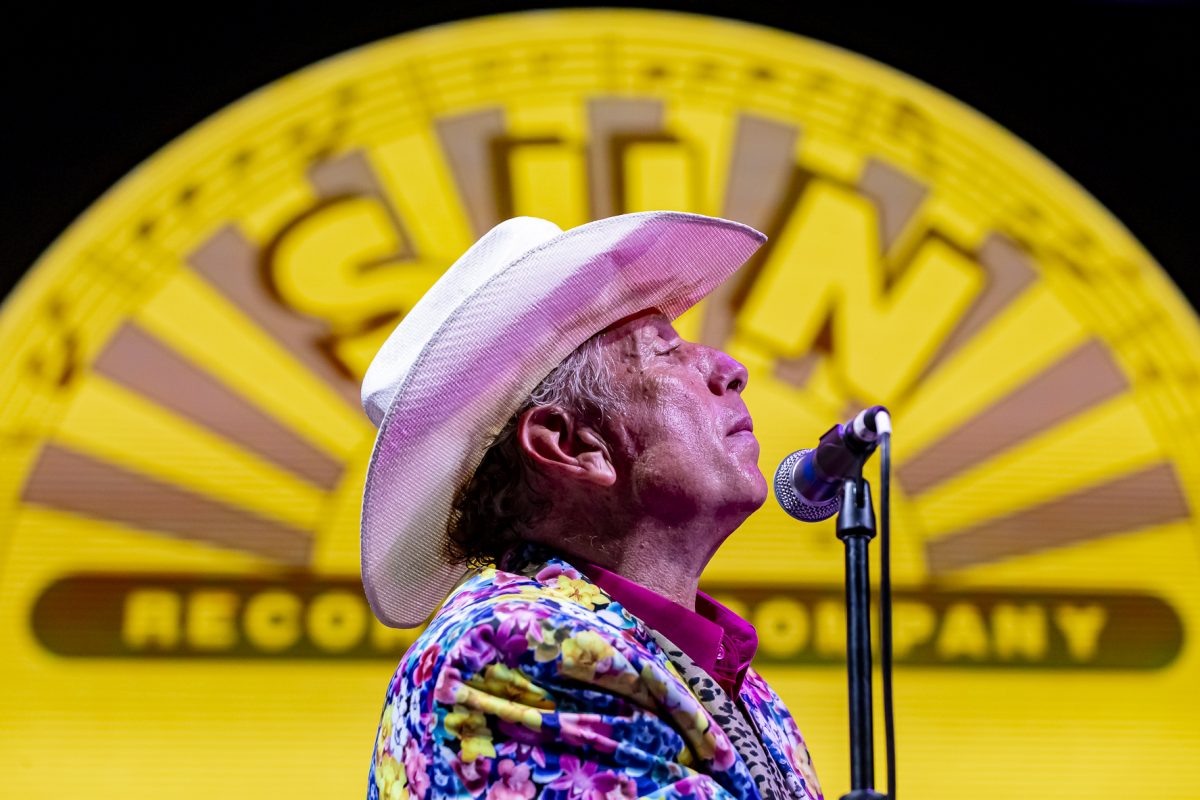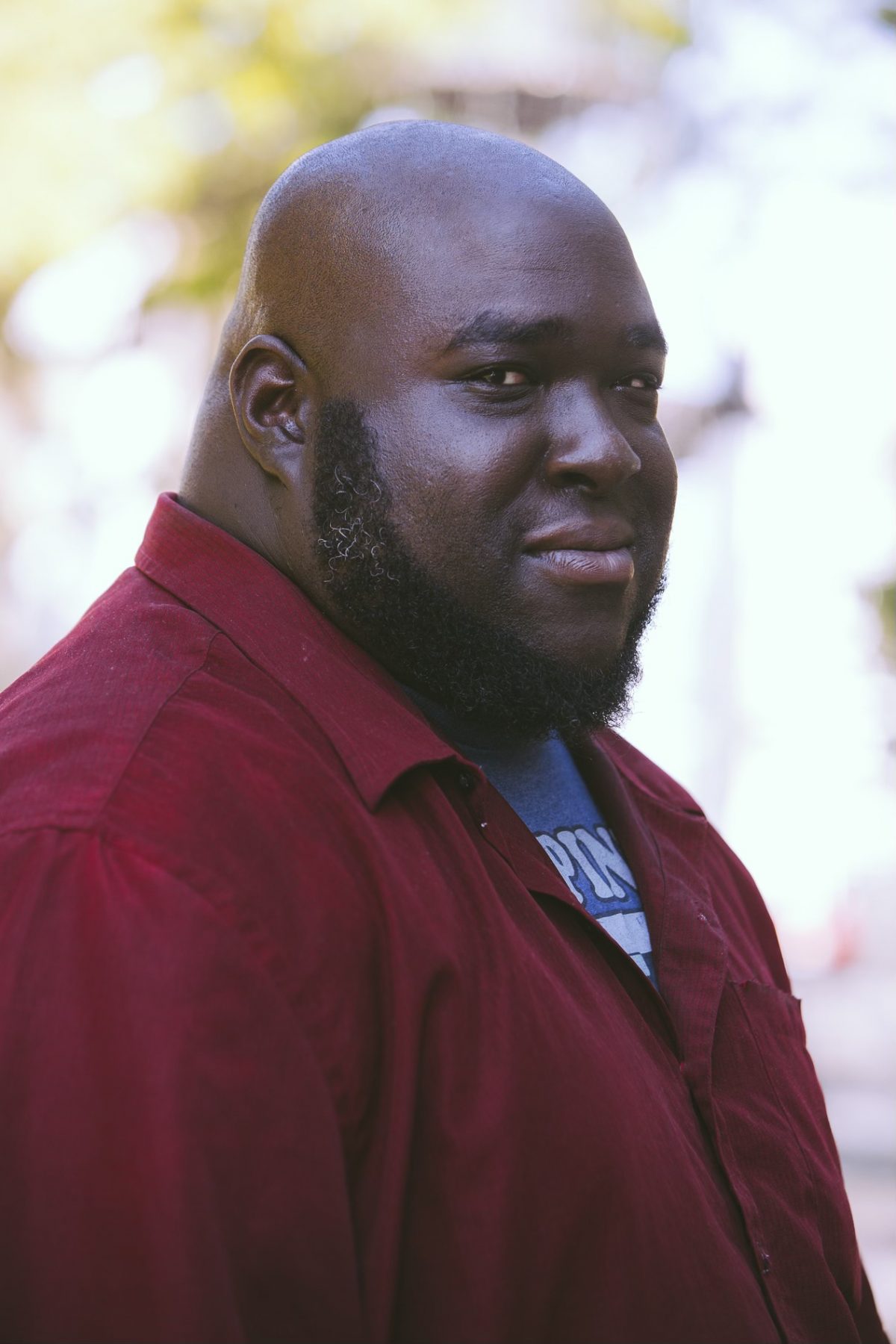This coming weekend brings some overdue recognition to one of the city’s true jazz giants, Donald Brown. The pianist was born in Mississippi but raised in Memphis before going on to study at Memphis State (now the University of Memphis), where he was one of the “Memphis Three,” the trio of genius-level ivory-ticklers who emerged in the 1970s that also included James Williams and Mulgrew Miller. Of the three, Brown was arguably the most eclectic, ranging from classic straight-ahead jazz piano to more funk-influenced recordings over the course of 18 studio albums, plus appearances on records by the likes of Donald Byrd and Art Blakey’s Jazz Messengers. Through most of that time, he was a much-loved educator at the University of Tennessee, Knoxville from 1988-2020.
This Friday, September 6th, at 7 p.m., he’ll receive a Beale Street Brass Note and a tribute to his life in music at the Museum of Science & History (MoSH), complete with a concert by the Memphis Jazz Workshop (led by Steve Lee, one of Brown’s former students). And Saturday, September 7th, at 6 p.m., the Scheidt Family Performing Arts Center will host a reading by Valeria Z. Nollan from her upcoming biography of Brown. It’s a pair of events befitting a career as distinguished as Brown’s, and yet the cruel irony is that he won’t be playing at any of them.
That’s due in part to his aging. “I’ve been having problems with my hands, so I haven’t really performed for the last seven years, so it’s been kinda rough,” he says with some resignation. Yet, at 70, his mind is as sharp as ever, which bodes well for Nollan’s biography, slated for release in 2025.
Brown’s life since college has been single-mindedly focused on his mastery of the piano, but it wasn’t always thus. “I came to jazz kind of late,” he says. “Originally, I was a drummer, and then I played tuba in the marching band, baritone horn in the concert band, and trumpet in the ROTC band. Through high school [at South Side High School], even though I was playing trumpet and drums, I still knew enough about piano and harmony that I was arranging for my high school marching band. Playing trumpet probably influenced my writing more than my improvising, but playing drums definitely influenced me more as a pianist.”
And then there were the keyboardists who showed him the way, influences that came pouring out once Brown took to the piano as his main instrument when starting college. “All the great players that were in Memphis at the time just made me want to play the instrument. Booker T. [Jones] was a big influence. Marvell Thomas, Sidney Kirk, and other guys that were contemporaries of mine.” Like most Stax-affiliated players, these were virtuosos who were equally at home in jazz or pop settings. And that was true of Brown, too, as he progressed through college and began working more steadily.
“I played in a lot of top 40 bands and a lot of studio work,” Brown explains, “so I was influenced by the music of Motown and Philadelphia International, players like Bernie Worrell with Parliament-Funkadelic, Sly and the Family Stone, Prince. I was really into the group Yes and Rick Wakeman. So it was a very diverse amount of keyboard players and pianists that influenced me.”
A grounding in funk is reflected in some of Brown’s greatest jazz work, where strong left-handed bass figures can be key, as in two of his tributes to civil rights leaders, “A Poem for Martin” and “Theme for Malcolm.” Yet even those reveal Brown’s subtle mastery of classic jazz piano as well, which comes to the fore in his piece “Phineas,” a tribute to the greatest of all Memphis pianists, Phineas Newborn Jr.
Looking back on his storied life in jazz, Brown himself can hardly believe it. “I was blessed to have worked with so many other legends, like Freddie Hubbard, Joe Henderson, Donald Byrd, Toots Thielemans, and Johnny Griffin. But still, the highlight for me was playing with Art Blakey. I still have to pinch myself when I see recordings or videos and see that it actually happened. Even though I haven’t been there walking the streets with Bird and Bud Powell, I tell my students that that’s about as close as you can get to the source.”


